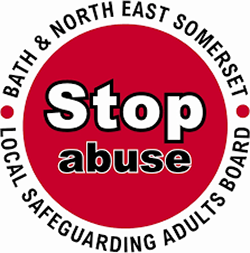Safeguarding Adults
Safeguarding Adults
Adult abuse
Any adult can be a victim of abuse, but some adults may be less able to protect themselves from abuse. When adults require support because of physical or mental disability, mental illness, learning difficulty, chronic illness or frailty they are sometimes referred to as 'vulnerable adults'.
What is meant by abuse?
"Abuse is a violation of an individual's human or civil rights by any other person"
Safeguarding duties apply to an adult who is over 18 and:
Has needs for care and support [whether the Local Authority is meeting any of those needs or not], and is experiencing, or at risk of, abuse and neglect; and as a result of those care and support needs is unable to protect themselves from either the risk of, or the experience of abuse and neglect.
--Care Act 2014
The aims of Safeguarding are to:
- Stop abuse or neglect wherever possible
- Prevent harm and reduce risk of abuse or neglect to adults with care and support needs
- Safeguard adults in a way that supports them in making choices and having control about how they want to live
- Promote an approach that concentrates on improving life for the adults concerned


Forms of abuse
The Care Act 2014 defines the following categories of abuse :
- Physical
- Neglect and acts of omission
- Self neglect
- Psychological (including control & coercion)
- Sexual
- Financial or material
- Organisational
- Discriminatory
- Domestic Violence (from the age of 16)
- Modern Slavery

